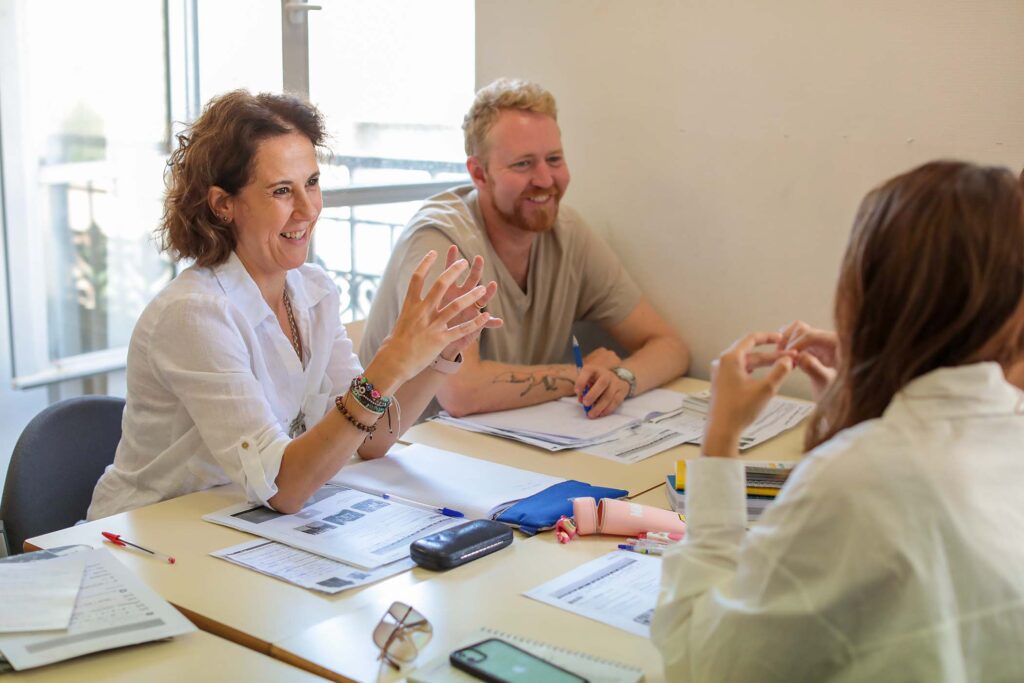
Course Content and Strategy
The course covers key Neuroscience principles relevant to teaching, such as memory, attention, neuroplasticity, and cognitive load.
It explores how the brain processes and stores information, and how these insights can be applied to classroom practices to improve learning outcomes.
The training focuses on creating emotionally supportive environments that foster engagement and motivation, while addressing individual differences in learning styles and neurological needs.
Educators will learn evidence-based strategies like spaced repetition, retrieval practice, and differentiated instruction. Emphasis is placed on fostering a growth mindset and using brain-based behavior management techniques.
Practical activities and case studies will demonstrate how to integrate these principles into daily teaching. The course also encourages reflection on current practices, ensuring educators can continually adapt their approach to the latest neuroscience research. Overall, the course provides practical tools for creating an inclusive, effective, and brain-friendly learning environment.
To ensure efficiency in the learning process, the course incorporates interactive activities such as role-playing, group discussions, and multimedia resources. The main aim is to boost self-confidence in using French in a large scope of situations. At the end of the course, participants will have improved their French language proficiency by the time they gain a deeper understanding and appreciation of French culture as well as other French speaking countries’ cultures.
Objective of this course
- Neuroscience Basics Understand how the brain learns, focusing on memory, attention, and neuroplasticity.
- Brain-Based Teaching Use evidence-backed methods to improve focus, memory, and learning.
- Emotional Learning Spaces Create classrooms that support emotional well-being and engagement.
- Growth Mindset & Behavior Foster growth mindsets and manage behavior with brain-friendly strategies.
Outcome of this course
- Understand the Neuroscience of Learning: Explain key brain functions related to memory, attention, and decision-making, and how neuroplasticity supports lifelong learning.
- Apply Cognitive Load and Memory Strategies: Design lesson plans that optimize cognitive load and use techniques like spaced repetition and retrieval practice to enhance memory retention.
- Adapt Teaching to Individual Differences: Implement differentiated teaching strategies to support diverse learning needs, including neurodiversity and learning disabilities, promoting inclusive education.
- Enhance Student Engagement: Recognize how emotions and social factors influence learning, and create emotionally supportive, collaborative environments to foster student motivation and curiosity.
- Incorporate Evidence-Based Practices: Use neuroscience principles to design effective lessons, manage student behavior, and foster a growth mindset.
Additional Extra Services
- Accommodation
- Arrival and departure transfers
- Culture Activities
Included in the course
- Certificate of attendance and achievement.
- An orientation tour of the city.
- Europass Mobility.
- End-of-course test and programme evaluation.
The Science of learning: Neuroscience Insights for Educators
This crash course of a one-week duration will allow you to dive into the fascinating world of neuroscience and discover how the brain learns, remembers, and engages with information.
Delivered in French
Entry Level: B1
Course Price
400€
- 1 Week / 20 Hours
- 26 Lessons of 45 min. each
- 1 Cultural Visit
- 1 Cultural Activity
Target Audience
- Teachers: Educators across various subjects and grade levels.
- Educational Leaders: School administrators, department heads.
- Special Education Professionals.
- Training and Professional Development Coordinators.
A Course by


